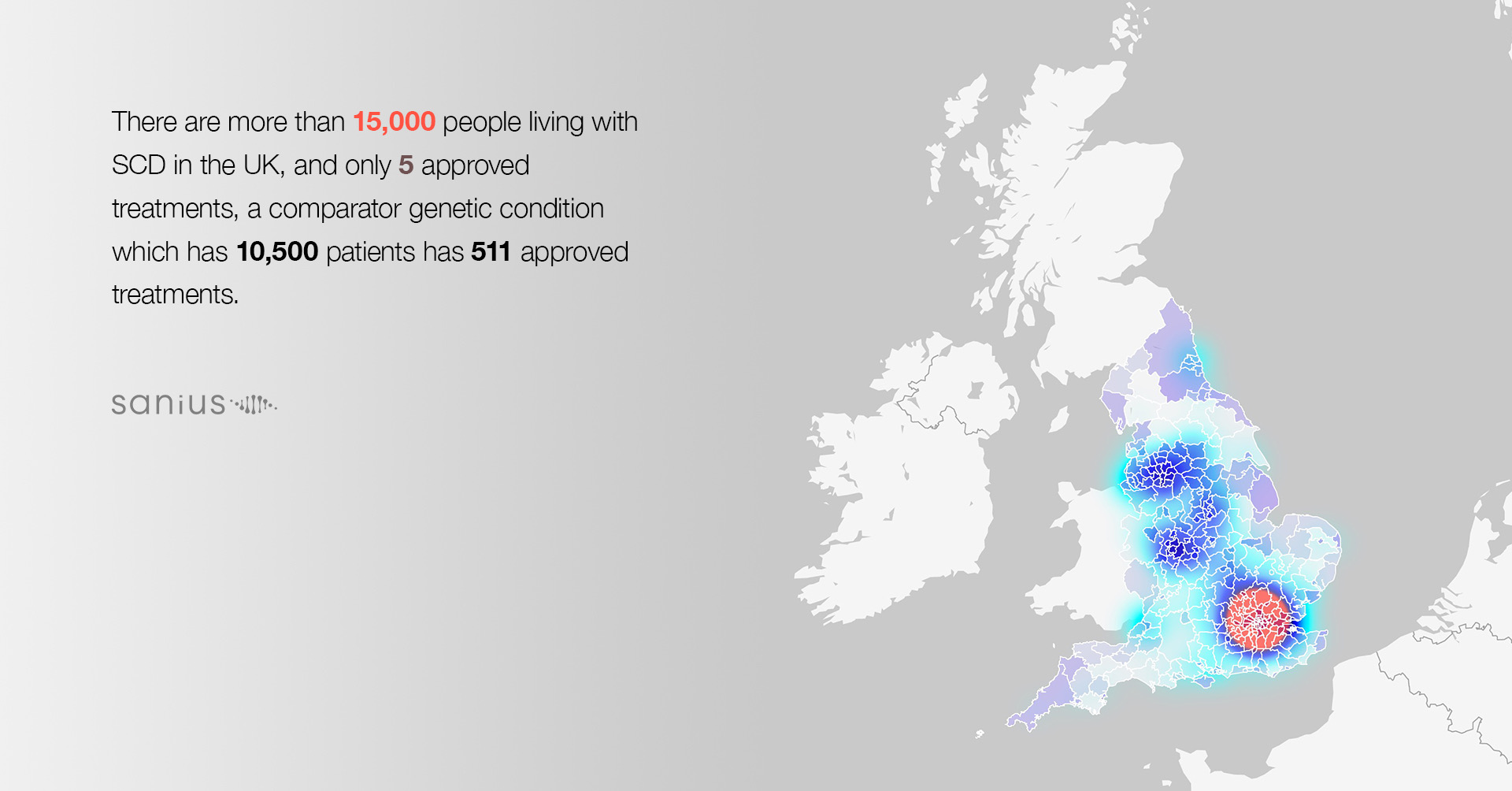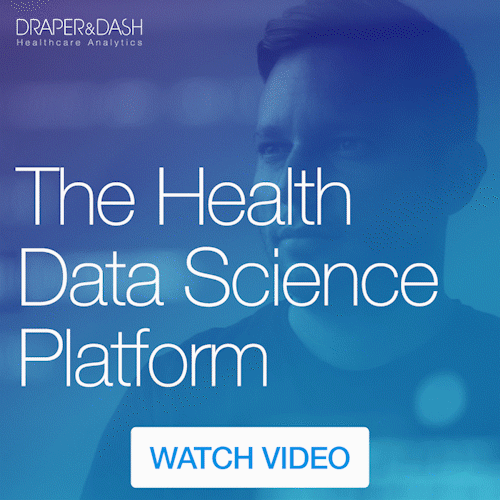A pressing issue for healthcare today is confronting the complexity of medical research.
Given the current COVID-19 pandemic, research into diseases and best practices is becoming increasingly burdensome for all practitioners. Investigating disease is complicated enough; but pursuing this endeavour at a time of unprecedented duress is a challenge onto itself.
Historically, myriads of scientists and medical officials worked side by side to contribute to our overall understanding of disease. They shared expertise, niche pieces of knowledge and resources to create new interventions. Through personal collaboration, doctors and scientists recapitulated some of the main properties of disease and forged the best solutions out of their partnership. In times prior, in vitro and in vivo research models were other viable proxies to clinical trials. Low-cost and low-risk, these models could bolster the ways that medical researchers guided their investigations. Using shared knowledge, scientific literature, medical journals and alternative research models, those in the medical field could assuredly rely on these traditional resources.
The Current Need for Better Knowledge Search Models
Although previously successful, this way of working can no longer account for the needed speed to tackle the pandemic. As a paper published in the Bioinformatics Journal states, the ‘complexity’ and ‘urgency attached to modern disease’ means that these research modes ‘diminish marginal returns of investments in pharmaceutical research and development’.
For doctors and pharmaceutical researchers alike, the need for more adaptable research methods has reached a critical level. The pandemic has highlighted the need for countries to collaborate and innovate knowledge sharing. Before the pandemic, previous and ongoing clinical trials did not account for the modifications needed to adapt research. In spite of the enormous bank of dedicated resources, the lack of an adaptable way to gain knowledge hindered valuable research.
Using Technology to Empower Proactive Knowledge
It is clear that we are far beyond the point of institutionalised methods of knowledge sharing. If healthcare systems are to find solutions to the challenges posed by the pandemic, they need to look beyond textbooks and antiquated thinking.
Nobody knows this better than Keith Tsui, the great mind behind Medwise.AI.
Before developing Medwise.Ai, an AI-powered and community-curated clinical research platform, Keith trained as a doctor in Hong Kong. While completing his medical training, Keith identified a palpable gap in the way that medical staff approached diagnosis and information.
‘When I was in Hong Kong doing my foundation year, I regularly had to complete 36-hour shifts in-house. This was very taxing, as you can imagine, and even so – we were required to make decisions for a vast number of patients suffering from different symptoms and illnesses. Oftentimes, I struggled to find the right guidance or materials to provide the best care. Out of desperation, in worst case scenarios I would Google best practices. Clearly, these tools were not sufficient enough in a point of care situation’
Like Keith, many clinicians often find that traditional resources cannot always support the flux and nuances of patient-facing situations.
‘While completing my training, I was involved in a difficult case. The patient was a Filipino man in his 40s, who came in with an enlarged and hard stomach. Because was not in a lot of pain in spite of how his protruded his stomach was, he was worried about his condition. To diagnose his symptoms, I scrolled through his CT scans and realised that he sadly had end-stage pancreatic cancer, which does not have a cure. It was then that I realised the true limit to what we can do to patients. We can, of course, provide the best level of care possible. But without new drugs, tests or treatments, which are all determined through knowledge, we cannot do much as clinicians’
Faced with this ‘limit’ to care, Keith was inspired to overcome the knowledge barriers that very often plague practicing doctors. He wanted to bring new innovations to hospital settings, that would allow clinical staff to find knowledge more efficiently and work together to save lives earlier. In seeking to achieve this, Keith found a solution through leveraging the best of what the digital world could offer. The only technological capability that could tackle issue, as he soon discovered, was AI.
How Medwise.Ai Helps Doctors Cut Through the Noise
While pursuing this endeavour, Keith ‘fell in love with healthcare innovation’. Specifically, he grew evermore curious about how AI could help doctors find relevant information more efficiently. While at Cambridge University, Keith elected to complete an MPhil in Bioscience Enterprise, to support his development of AI-powered health innovations.
‘The MPhil helped me learn how to commercialise ideas as complex as digital health innovation tools. I honed a mindset that was both clinical and industry-focused, which helped me to grow the initial idea for a healthcare solutions platform’
This seed of an idea, after consulting NHS leaders on AI and digital innovation, would eventually flourish into the immense platform, Medwise.Ai.
The Medwise.Ai platform aspires to provide answers to ‘day to day clinical questions. The platform sifts mass data to find specific solutions. Using Machine Learning (ML) and Natural Language Processing (NLP), Medwise.Ai can sift through high-ranking peer-reviewed medical journals for specific key words. Keith adds:
‘What we’re trying to do is use the latest AI developments and NLP technology to ingest highly trustworthy content from national health guidelines and journals, to help our partners identify needs across all disease areas. Our product thus helps clinicians find information faster.’
Unlike existing platforms, Medwise.Ai’s user journey is incredibly straightforward. After querying a given keyword, the ‘AI will do the work for you’:
‘The AI tool will go through ingested content on your behalf and select a paragraph or single sentence that most accurately applies to your question. This is one step further than a Google Search, which inundates you with hundreds of websites and articles to scan through. Doctors and clinicals of all seniority levels need a faster solution than this, which the Medwise.AI platform provides’
Applying Tools like Medwise.Ai to Tackle the Pandemic
Medwise.Ai is partnering with leading telemedicine providers and academic networks to tacking the coronavirus. Due to its ability to extract niche information, the platform has proven itself to be a reliable tool in the COVID-19 effort. Like Keith, the medical world has followed suit in using AI-powered tools to fight the pandemic. Specifically, doctors, health leaders and researchers now recognise the untapped potential of AI in finding relevant information. AI has the potential to significantly transform the practice of post-pandemic medicine and health research. In the future, medical practitioners will still need to find solutions among extensive reams of data and research. Concurrently, Professor Erwin Loh of Monash University believes that:
‘AI’s current strength is in its ability to learn from a large dataset and recognise patterns that can be used to diagnose conditions, putting in direct competition with medical specialities that are involved in diagnostic tests that involve pattern recognition, such as pathology and radiology. We will need this capability in the future of medicine’
His research suggests that AI can now screen, diagnosis and offer prognoses for various conditions with up to 95% accuracy. Additionally, AI tools can now be trained to review research materials in a highly qualitative manner. The IBM Watson study has also found that its AI tools can ‘handle a variety of vendors and modalities’ to ‘generate information’ needed within clinical and research settings.
Looking Forward
When recovering from the pandemic, health systems will need to work together in rebuilding infrastructure that the COVID-19 virus has destroyed. Specifically, we can expect industry leaders to re-examine the ways that we share and manage knowledge. In the light of AI’s growing relevance in medicine, it is likely that it will be used to forge collaboration.
Regarding Medwise.Ai’s participation in this pursuit, Keith hopes that the platform will instil a sense of community among medical practitioners.
‘In the future, a big feature we want to develop is community-based collaboration. We hope that healthcare professionals will share knowledge with each other, if existing content fails to meet their queries. Expert opinions have their value, and we hope that Medwise.Ai will champion this knowledge further’
Recommended for you

Is AI the End, or Just a New Beginning, for Digital Art?
As Truss and Sunak compete to become the new PM, one key topic is forming a noticeably small part of the Tory leadership debates.
Trending

Drug Decriminalisation: Could the UK Follow Portugal?
Portugal’s drug decriminalisation has reduced drug deaths and made people feel safe seeking support. Would the UK ever follow suit?

Calling All Unvaccinated UK Adults
With Covid cases rising, the NHS is urging the 3 million UK adults who remain unvaccinated to come forward.






